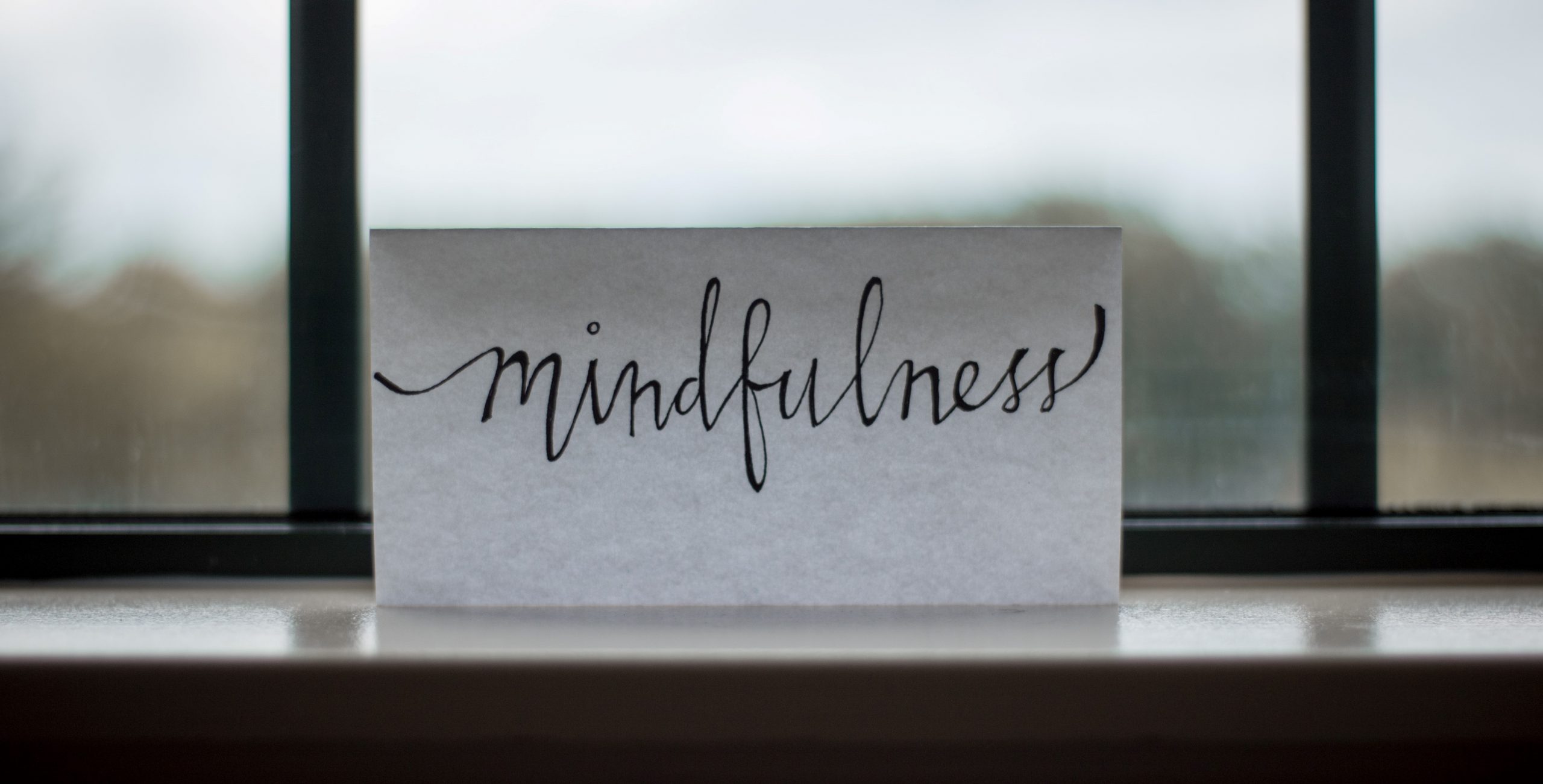In the midst of a busy semester it may seem like you have no time for anything other than schoolwork, but it can be good for both body and soul to take a moment to clear your mind. The Ross-Blakley Law Library’s guide on Mindfulness and Mental Wellness in Law School is focused on resources that can help Sandra Day O’Connor College of Law students find mindfulness resources to relieve stress, focus their attention, and stay in control in difficult situations. It offers information about fully secular meditation practices, with resources to explain how and why it works, and how to incorporate mindfulness practices into your routine.
Regular meditation practice can reshape your mind in many ways, improving concentration, awareness, and compassion while reducing stress and anxiety. Even if you’re not regularly practicing, taking a break to breathe can help you manage in times of increased pressure. Here are instructions to get you started, adapted from The Anxious Lawyer co-author Jeena Cho on Above the Law:
- Sit on the floor or a cushion with your legs crossed in front of you, upright with your spine straight. Your arms should be relaxed with your hands resting on your knees. (Palms may face downward or upward depending on your preference.) Alternatively, you may sit in a chair with your legs uncrossed and your feet firmly on the floor. You can also meditate lying down if that is most comfortable.
- Close your eyes or allow their focus to soften, and take a deep breath or two. Feel your body make contact with your surroundings, and feel the tension in your shoulders relax as you exhale deeply.
- Pay attention to your breath. Notice the sensation of the air.
- Your mind will likely wander. Don’t fret or mentally reprimand yourself; visualize the thought dissipating and return your focus to your breath. Our brains are made to produce thoughts, and law students will have a lot on their minds, particularly around finals.
- Alternative methods of focusing the brain include mentally expressing gratitude, repeating a word or phrase, or focusing attention on sensations throughout the body.
- You can set a goal to meditation for 5 to 10 minutes or more, but even short, calming breaks can provide rest and peace.
For stress-relieving help with research related to your studies, memos, papers, or employment, make an appointment to Meet with a Librarian.
Andrea Gass, Reference Librarian




